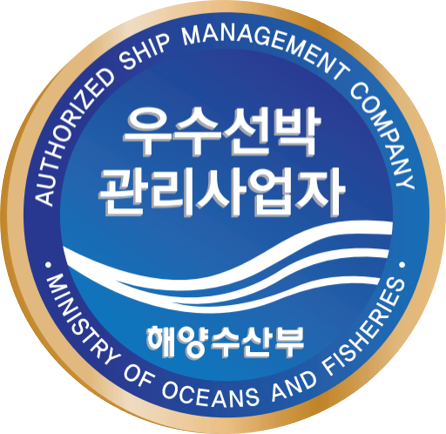OCIMF: Guidance for the employment of Private Maritime Security Compan…
페이지 정보
작성자 최고관리자 댓글 0건 조회 765회 작성일 21-11-26 17:03본문
OCIMF: Guidance for the employment of Private Maritime Security Companies
by The Editorial Team
The Oil Companies International Marine Forum (OCIMF) issued a new guidance(첨부참조) in order to help owners/operators with pre-selection considerations before using private maritime security services.
According to OCIMF, while industry best management practice does not recommend the employment of Private Maritime Security Companies onboard ships, the use of experienced and competent PMSCs either onboard the vessels, where legally permitted, or on a security escort vessel, can mitigate risk.
As explained, the general use of Private Maritime Security Companies (PMSCs) onboard merchant ships is widely accepted as a measure to keep seafarers safe from harm and to protect vessels operating in areas of increased threat.
It should be noted that industry best management practice (BMP) does not recommend or endorse the employment of PMSCs and any decision to do so rests with the individual ship operator where allowed and authorised by the Ship’s Flag. Any company employing a PMSC should consider the Voluntary Principals on Security and Human Rights (VPSHR), which promotes a set of principles to guide companies on how to conduct their security operations while respecting human rights.
…OCIMF notes.
However, the use of experienced and competent PMSCs either onboard the vessels, where legally permitted, or on a security escort vessel, can be a valuable protective measure. Any decision to engage the services of a PMSC may consider:
- Normal company screening due diligence.
- The current threat and risk environment.
- The output of the company risk assessment.
- Voyage plan requirements.
- Ship speed.
- Freeboard.
- Type of operations, e.g. seismic survey or cable laying.
- Levels of protection provided by navies, coastguards, and maritime police.
- Flag States approval – some Flag States do not allow the deployment of PMSC.
- Littoral States approval – some Littoral States do not allow the deployment of PMSC in territorial waters.
- The quality of the chosen PMSC.
The use of contracted security personnel onboard merchant vessels or the deployment of Security Escort Vessels (SEVs) should only be considered after a detailed threat and risk assessment and robust screening process have been completed.
The following questions might be a useful starting point when choosing a PMSC:
- How long has the PMSC been established in the private security sector?
- Are any testimonials/references from previous maritime security assignments available?
- Can the PMSC demonstrate sound
understanding of the relevant sections of the following international
conventions:
– UNCLOS (United Nations Convention on the Laws of the Sea)
– SUA (Suppression of Unlawful Acts against the Safety of the Maritime Navigation)
– SOLAS (International Convention for the Safety of Life At Sea) including International Code
for the Security of Ships and of Port Facilities (ISPS)
– VPSHR (Voluntary Principles on Security and Human Rights)
– ICOC-PSSP (the International Code of Conduct for Private Security Service Providers)
A PMSC should be able to demonstrate knowledge of industry standards/guidelines applicable to maritime security requirements for the deployment of security mitigation measures within the area of operations.
…OCIMF concludes.
첨부파일
- OCIMF- Guidance for Private Maritime Security Companies - 2021.10.pdf (353.5K) 0회 다운로드 | DATE : 2021-11-26 17:03:24




